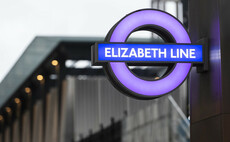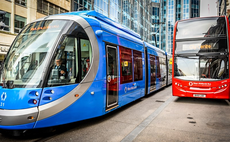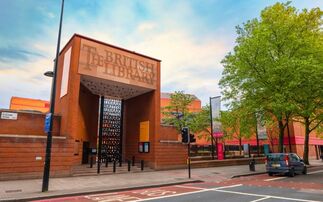Train drivers should have digital communcations by 2013 as Network Rail programme moves ahead
Virgin Trains will be among the first to use the GSM-R system Network Rail's much-delayed £1.2bn driver communication system moved a step closer today as the company announced that it will fit di...
To continue reading this article...
Join Computing
- Unlimited access to real-time news, analysis and opinion from the technology industry
- Receive important and breaking news in our daily newsletter
- Be the first to hear about our events and awards programmes
- Join live member only interviews with IT leaders at the ‘IT Lounge’; your chance to ask your burning tech questions and have them answered
- Access to the Computing Delta hub providing market intelligence and research
- Receive our members-only newsletter with exclusive opinion pieces from senior IT Leaders




















